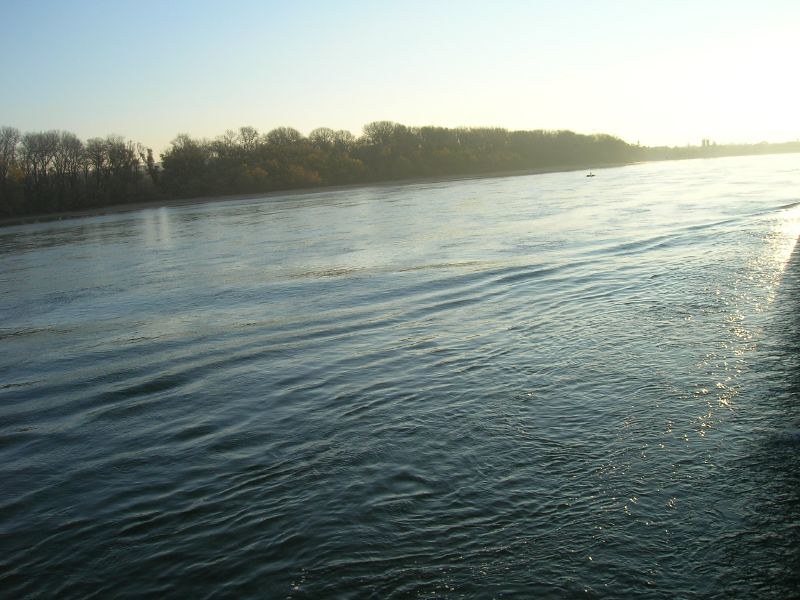
Introduction
The Danube River, flowing through ten countries in Central and Eastern Europe, is not only one of the longest rivers in the continent but also a vital artery for commerce, biodiversity, and cultural exchange. With a length of 2,860 kilometers, it plays a significant role in the economies of the nations it traverses. The river connects cities, facilitates trade, and serves as a source of inspiration for countless artists and writers throughout history.
Key Facts and Importance
The Danube begins in the Black Forest of Germany and meets the Black Sea after passing through major cities such as Vienna, Budapest, and Belgrade. It is a crucial navigation route, allowing large cargo vessels to transport goods between Western and Eastern Europe. The river is also fundamental for tourism, attracting millions of visitors yearly who come to enjoy its scenic landscapes, historical sites, and vibrant cultures.
Ecologically, the Danube Basin hosts diverse ecosystems, with various species of flora and fauna, many of which are endangered. Initiatives are underway to preserve these natural habitats, underscoring the river’s role in biodiversity and environmental health. The Danube River Protection Convention aims to safeguard the ecological integrity of the river while promoting sustainable use of its resources.
Recent Developments
In recent months, the Danube has faced challenges, particularly due to climate change impacts, which have resulted in fluctuating water levels. In summer 2023, significant drought conditions were reported across Europe, leading to low water levels that affected shipping and navigation. This situation has prompted discussions among European countries for a more cohesive approach to water management.
Conclusion
As the Danube River continues to serve as a critical link for numerous countries, its preservation and sustainable management are of utmost importance. The collaborative efforts of European nations are essential to ensure that the river remains a lifeline for commerce, a refuge for wildlife, and a cultural treasure for future generations. As industries adapt to new environmental challenges, it is imperative that the significance of the Danube is recognised not just for its economic benefits but also for its ecological and cultural values.
You may also like

The Importance of Nations in Modern Society

Understanding National Events and Their Significance

The Significance of the West in Today’s World
SEARCH
LAST NEWS
- Remembering Wendy Richard: The Promise to Co-Star Natalie Cassidy
- How Did Anglian Water Achieve an ‘Essentials’ Rating for Mental Health Accessibility?
- Shai Hope Leads West Indies in T20 World Cup Clash Against South Africa
- What We Know About Weston McKennie: Future at Juventus and Past at Leeds
- What We Know About the Upcoming Live Nation Antitrust Trial